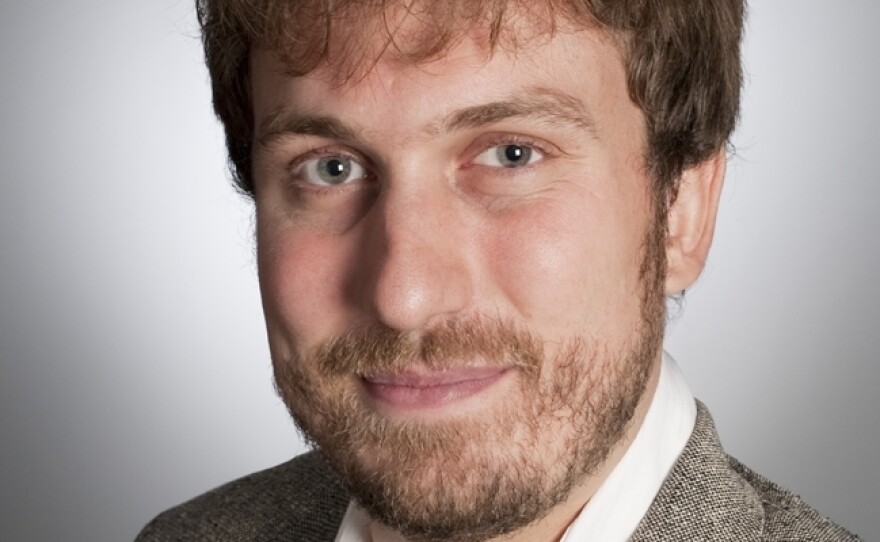
A couple generations ago, when older Americans retired they could rely on pension plans to support them. Then, in the late 1970s and early 1980s, many companies switched their retirement plans over to 401(k) accounts. The security of workers' retirement savings suddenly became subject to the vagaries of the stock market.
What's more, the financial institutions that manage 401(k)s charge a host of hidden fees to plan participants, says Robert Hiltonsmith, a policy analyst at the New York-based think tank Demos. He researches retirement security, tax policy, health care and the labor market.
"There's a good reason that people don't know they pay fees," Hiltonsmith tells Fresh Air's Terry Gross. "[It's] because when you open up your statement there's not a table right there in front of you ... -- especially before some recent reforms -- just saying, 'Here's the fees and here's what you paid,' or it's not like as part of your statement, 'OK, here's your returns and then minus the fees.' "
Hiltonsmith says these fees are where financial companies find the money to pay their expenses.
"[T]hat's a bad thing," he says, "because [the fees] can have a really big effect on whether you end up with a decent-sized nest egg or, you know, are looking at it in horror at age 65 or 67."
All the risks fall on the individual, Hiltonsmith says. "Now," he says, "you can work as potentially hard as possible and play by the rules and still not be able to retire with some dignity."
Copyright 2013 NPR. To see more, visit www.npr.org.






